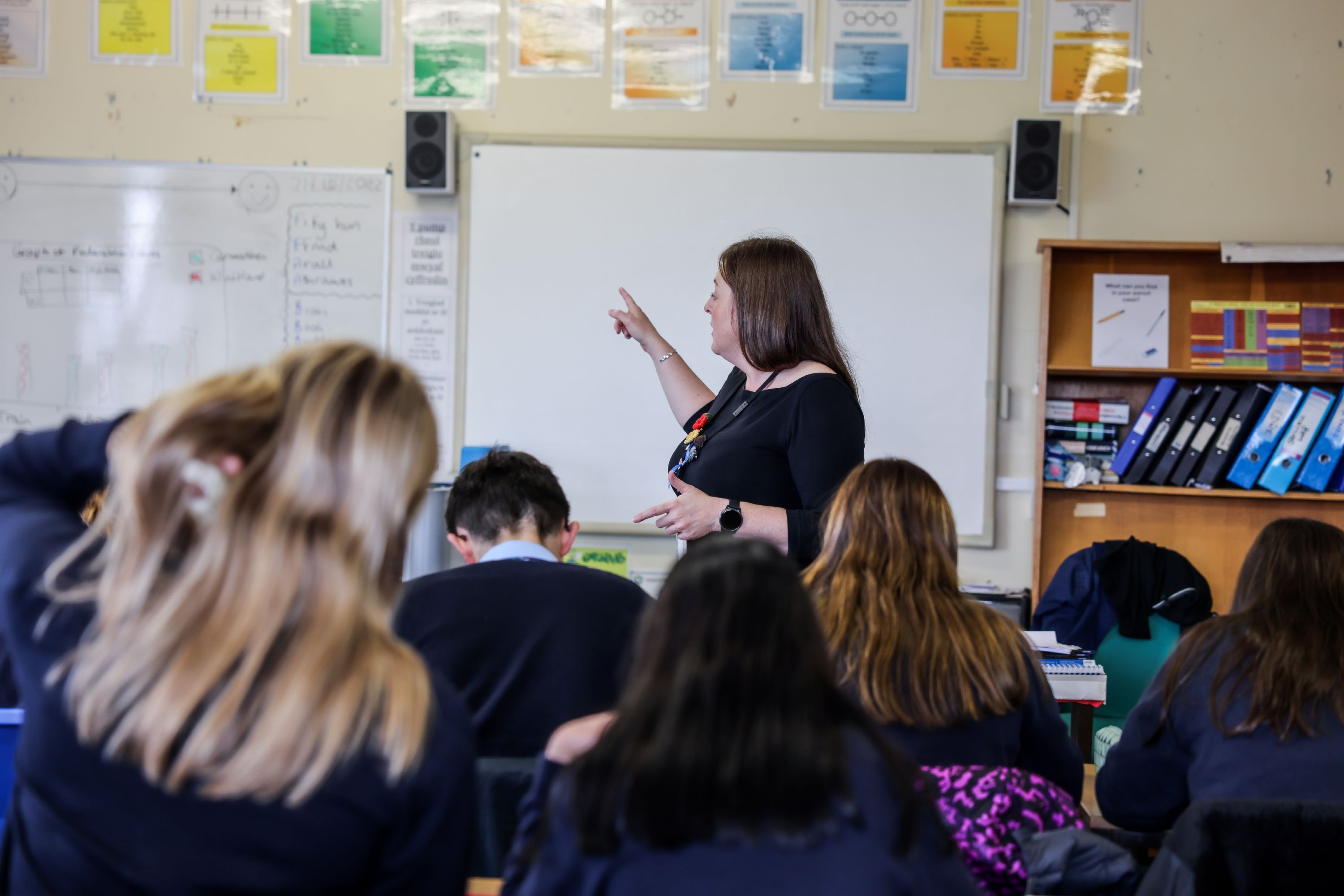Geography
Welcome to the Geography Department
'Geography prepares young people with the knowledge, skills and understanding to make sense of their world and to face the challenges that will  shape our societies and environments at the local, national and global scales'. Dr Rita Gardner, RGS 2009
shape our societies and environments at the local, national and global scales'. Dr Rita Gardner, RGS 2009
'Geography is not only up-to-date and relevant, it is one of the most exciting, adventurous and valuable subjects to study today. So many of the world's current problems boil down to geography, and need the geographers of the future to help us understand them'. Michael Palin.
Key Stage 3
This section is currently awaiting content
Key Stage 4
Geography
Daearyddiaeth
Which teacher(s) should I see if I want more information about the course?
Miss Thomas or Mrs. Mammatt
What course will I be following?
What kinds of things will I study?
Geography helps you to make sense of the world around you. Understanding of the interdependence of Earth's human and physical systems is important for young people who are going to be future decision-makers in the world. There has never been a better or more important time to study geography. Much of the work covered is related to important current affairs and is designed to develop enjoyment of the subject for any pupil with an interest in the local and global economy, social issues and environmental concerns. It is an excellent basis for academic and social development and provides broad exposure to a range of topics and issues relevant to the ever changing world in which we live in, such as:
Could there be water wars?
Can we control floods?
How are global cities connected?
Why are some natural hazards more devastating than others?
What is being done to tackle Malaria and HIV in sub-Saharan Africa?
Can we reduce global poverty?
What impact is tourism having on the Pembrokeshire Coast?
How can eating chicken lead to the deforestation of the rainforest?
How will my work be assessed?
- Unit 1 Changing Physical and Human Landscapes (written examination paper)
This paper is worth 40% of your final grade and you’ll need to answer 3 questions from a choice of four.
- Unit 2 Environmental and Development Issues (written examination paper)
This paper is worth 40% of the final grade and is made up of 3 questions from a choice of 4.
- Unit 3 Fieldwork Enquiry
This unit is worth 20% of the final grade and is a non-examination assessment. You will undertake two fieldwork enquiries, each in a contrasting environment (one physical and one human environment). You will then answer unseen questions based on the enquiries.
Fieldwork is essential to GCSE Geography. The Geography Department prides itself on the range of fieldwork experiences provided to students, both locally and internationally.
How can I progress my learning in this subject after Year 11 and is this the course for me?
Geography at GCSE is a fascinating and relevant course helping you to make sense of what you see in the world around you. Geography is a subject which suits almost everybody; from scientific people to artistic people. You should be reasonably confident at writing in detail, dealing with numbers and analysing information.
Should you wish to continue your geographical studies into the Sixth Form here at Dyffryn Taf, it combines well with a range of other subjects, particularly Science, Maths and other Humanities.
Geography is highly valued by universities as an A Level choice, and combines well with both arts and science subjects. It can be a facilitating subject - that is a subject most likely to be required or preferred for entry to degree courses. Choosing facilitating subjects will keep more options open at the university-level; geography opens doors to other degrees such as business and administrative studies, law, engineering and technology, and the other social/physical sciences. There are various courses available at a range of higher education providers across the country.
The beauty of Geography is that it really provides an excellent foundation for pursuing academic life yet is equally useful in the working world and employers really value it. The nature of working lives is changing. It is less likely that you will spend all of your working life in one organisation or even in the same sector. If your career path is to be varied, you will need transferable skills and flexibility. Geography provides you with these.
Key Stage 5
We follow the WJEC GCE AS/A Level Geography Specification. The WJEC GCE AS and A level in Geography encourages learners to apply geographical knowledge, theory and skills to the world around them. In turn, this will enable learners to develop a critical understanding of the world’s people, places and environments in the 21st Century. Learners should be able to develop both knowledge and understanding of contemporary geographical concepts together with transferable skills that will enable them to progress to higher education and a range of employment opportunities.
The focus of the specification is to develop an enthusiasm for and competence in geography by using contemporary real-world contexts, from a range of specified spatial scales, and through engagement with and practical application of geographical skills and techniques in the field. This specification draws on both physical and human geography, explores people-environment interactions and encourages development of fieldwork at the local level to enable learners to pose enquiry questions.
Please click on the link button below for more information.
Extra Curricular and Fieldwork
As a department we provide the following opportunities to further pupils progress outside the classroom:
- KS3 Local studies around Whitland and the school grounds
- GCSE River Syfynwy Study
- GCSE Aberstwyth Urban & Tourism Studies
- AS Level Urban Studies at Llanelli
- AS Level Sand Dune Ecosystem Studies at Freshwater West
- A2 Level Residential Fieldwork Dorset
- Iceland Study Visit
- International linking – Erasmus+ & Lesotho
- Fairtrade Steering Committee



